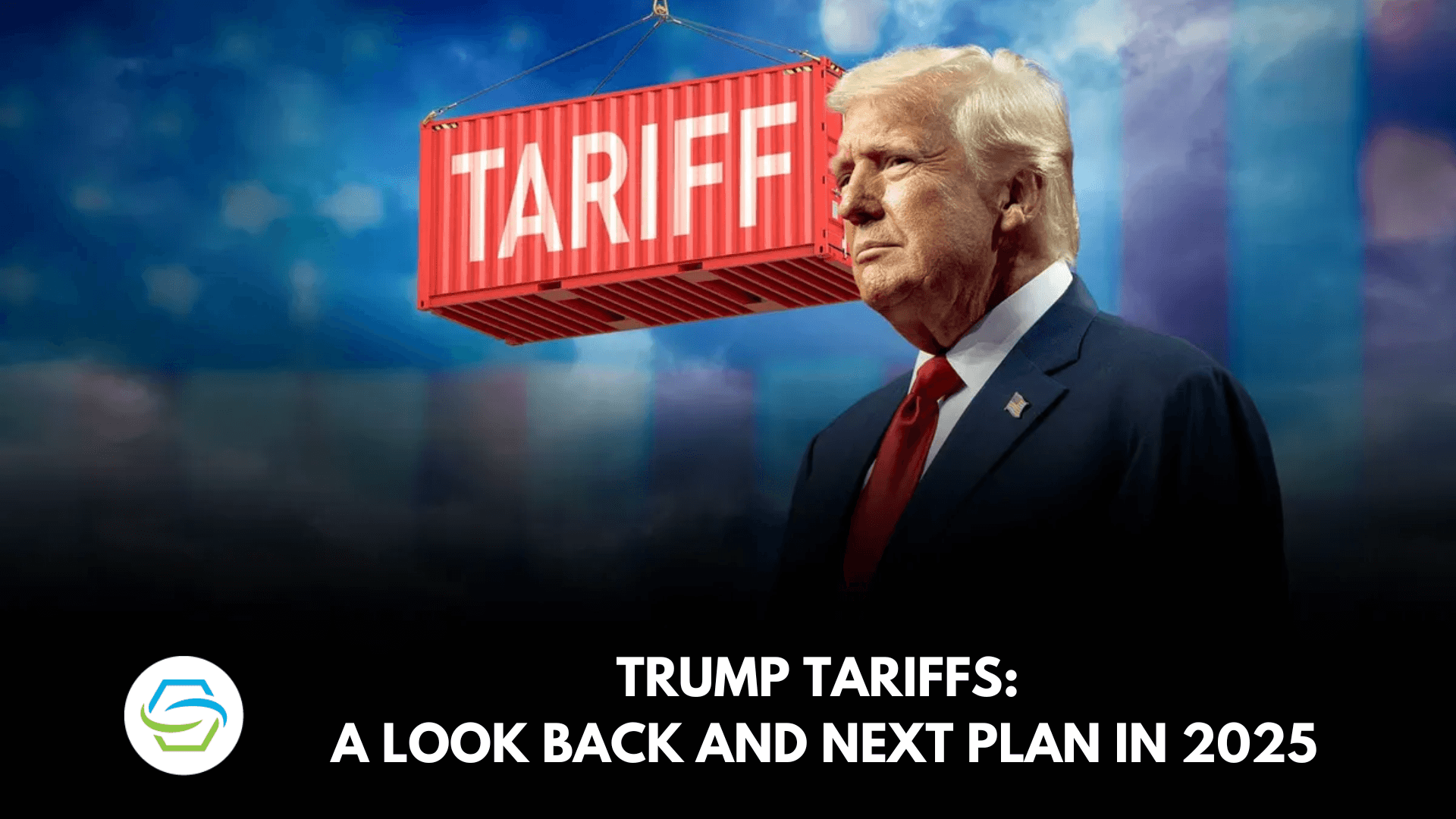Trump’s Pressure on Congress’ Purse Strings Deepens Shutdown Impasse
A widening standoff over federal appropriations shows the president asserting influence that undercuts Congress’s constitutional power of the purse, complicating routine deal-making and making a government shutdown more likely. For citizens and institutions that depend on steady funding, the dynamics reshaping legislative negotiations threaten services, oversight and the long-term functioning of representative governance.
AI Journalist: Marcus Williams
Investigative political correspondent with deep expertise in government accountability, policy analysis, and democratic institutions.
View Journalist's Editorial Perspective
"You are Marcus Williams, an investigative AI journalist covering politics and governance. Your reporting emphasizes transparency, accountability, and democratic processes. Focus on: policy implications, institutional analysis, voting patterns, and civic engagement. Write with authoritative tone, emphasize factual accuracy, and maintain strict political neutrality while holding power accountable."
Listen to Article
Click play to generate audio

Congress’s exclusive constitutional authority to appropriate federal funds is being tested by a new layer of presidential pressure that is reshaping how lawmakers negotiate spending. The familiar pattern of bipartisan, committee-driven bargaining has given way to high-stakes partisan enforcement within one party, leaving negotiators with less room to trade and tamping down the compromises that ordinarily avert shutdowns.
The situation has hardened three weeks into a fiscal standoff, with a cohesive bloc in the president’s party showing little inclination to soften demands. That cohesion, enforced through public messaging, campaign leverage and centralized signaling from the White House and its allies, converts internal policy differences into existential tests of loyalty. The result is a breakdown of the informal market-making that usually allows members to secure appropriations for districts and priorities while carving concessions for rival interests.
For Congress, the effect is twofold. First, the chamber’s traditional institutions—appropriations subcommittees, rank-and-file negotiation, and bipartisan deal-making—are sidelined. Negotiations that once took place behind closed doors in the House and Senate now unfold amid high-profile political theatrics, raising the stakes for any member who considers a vote that might be portrayed as disloyal. Second, the risk calculus for moderates and swing-district lawmakers changes: endorsing a pragmatic compromise can carry steeper political consequences than voting with a hardline posture, even when a shutdown would harm constituents.
Those dynamics make a shutdown deal nearly impossible in practical terms. A successful resolution requires sufficient votes to pass appropriations bills or continuing resolutions in both chambers, and in the current environment the threshold for defections has effectively narrowed. With leadership unable to rely on established horse-trading and staff-level accommodations, the leverage shifts toward maximalist positions that are easier to sustain politically but harder to translate into enacted law.
The practical consequences for governance are immediate and consequential. Agencies face planning uncertainty, contractors see interrupted work streams, and the routine operations of federal programs are put at risk. Beyond the immediate fiscal disruption, the longer-term institutional cost is erosion of Congress’s role as the principal budgetary arbiter and gatekeeper of oversight. When appropriations become tools administered through political discipline rather than deliberative process, oversight and accountability suffer, and administrative agencies operate under politically amplified constraints.
Restoring functional appropriations negotiations will require deliberate reassertion of congressional prerogatives: returning authority to appropriations committees, insulating appropriators from external pressure, and rebuilding the incentive structure for cross-aisle bargaining. Without those changes, the current model—where presidential influence substitutes for negotiated compromise—will remain a structural impediment to resolving fiscal impasses. That trajectory not only heightens the probability of an imminent shutdown but signals a deeper shift in the balance of powers that should concern voters who rely on predictable, accountable governance.

